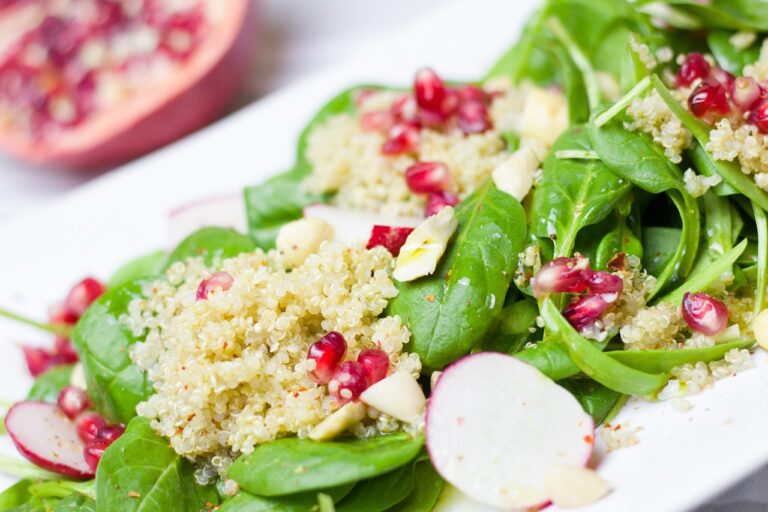The Impact of Permaculture on Sauce Ingredient Diversity
99 exch, laser 247 com, yolo 247 login:The Impact of Permaculture on Sauce Ingredient Diversity
In recent years, permaculture has become a popular approach to sustainable agriculture that focuses on working with nature rather than against it. One of the many benefits of permaculture is its positive impact on ingredient diversity in sauces. By implementing permaculture principles, farmers and gardeners are able to grow a wider variety of fruits, vegetables, herbs, and spices, ultimately leading to more diverse and flavorful sauces.
Permaculture emphasizes the importance of creating diverse and resilient ecosystems by mimicking the patterns and relationships found in nature. This approach to farming and gardening encourages the use of companion planting, polycultures, and agroforestry techniques to maximize the productivity of a given space. By incorporating a wide range of plant species into one’s garden or farm, permaculturists are able to create a more balanced ecosystem that is less susceptible to pests, diseases, and extreme weather events.
The diverse array of plants grown in permaculture systems provides an abundance of ingredients that can be used to make sauces. From tomatoes and peppers to basil and oregano, permaculture gardens are teeming with flavorful herbs and vegetables that can be blended together to create mouth-watering sauces. By growing a variety of ingredients, cooks and chefs are able to experiment with different flavor combinations, textures, and colors, leading to a more dynamic and delicious culinary experience.
Another key aspect of permaculture that contributes to sauce ingredient diversity is the emphasis on soil health. Permaculture practitioners focus on building healthy, living soils that are rich in nutrients and teeming with beneficial microorganisms. By nurturing the soil, plants are able to thrive and produce high-quality, nutrient-dense fruits, vegetables, and herbs that are perfect for making sauces. Healthy soil results in healthy plants, which in turn leads to flavorful and vibrant ingredients that can be used to elevate any dish.
In addition to promoting ingredient diversity, permaculture also encourages sustainable and regenerative farming practices that help to preserve the environment for future generations. By using organic methods, minimizing tillage, and reducing the use of synthetic inputs, permaculturists are able to protect the soil, water, and air from pollution and degradation. This commitment to sustainability ensures that the ingredients used in sauces are not only diverse and delicious but also produced in a way that respects the planet and its natural resources.
In conclusion, permaculture has a significant impact on sauce ingredient diversity by promoting the cultivation of a wide range of plants, fostering healthy soil, and encouraging sustainable farming practices. By incorporating permaculture principles into our gardens, farms, and kitchens, we can enjoy a bounty of fresh, flavorful ingredients that can be used to create a myriad of delicious sauces. So next time you’re whipping up a batch of marinara or salsa, consider how permaculture can help you take your sauces to the next level.
FAQs:
Q: How can I start implementing permaculture principles in my own garden?
A: To start implementing permaculture principles in your garden, you can begin by observing and analyzing your space to determine its unique characteristics and potential. From there, you can design a garden layout that incorporates companion planting, polycultures, and other permaculture techniques to maximize productivity and diversity.
Q: Can permaculture be practiced on a small scale, such as in a backyard garden?
A: Yes, permaculture can be practiced on any scale, from a small backyard garden to a large farm. By applying permaculture principles to your own garden, you can create a diverse and resilient ecosystem that produces a wide variety of ingredients for sauces and other culinary creations.
Q: How can permaculture benefit the environment?
A: Permaculture benefits the environment by promoting sustainable farming practices, protecting soil health, and minimizing the use of synthetic inputs. By working with nature rather than against it, permaculture helps to preserve the environment for future generations, ensuring that our natural resources are conserved and protected.







